
OR
Some basic rights still a struggle for LGBTI in Nepal
Published On: October 20, 2019 07:20 AM NPT By: Priyanka Adhikari
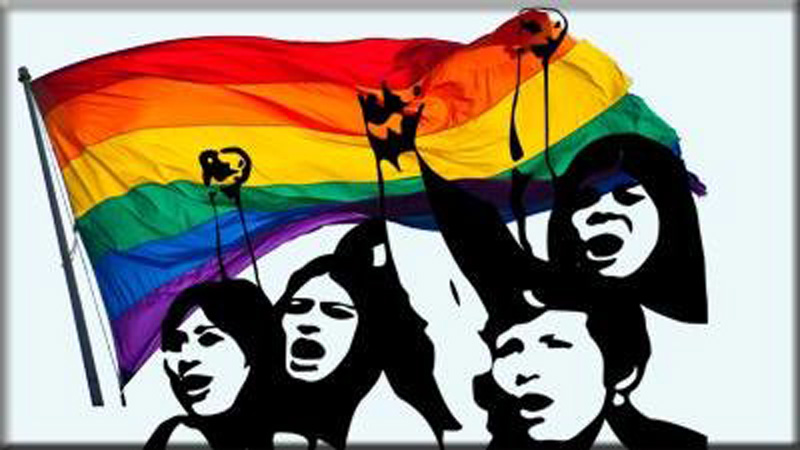
KATHMANDU, Oct 20: Esan Regmi who identifies himself as an intersex person was not allowed to give his master’s exams at Kailali Multiple Campus. The exam center accused him of being a ‘fake student’ on the first day of the exams.
The invigilators questioned the discrepancy between the gender designation in Esan’s documents and his appearance, although friends tried to explain that he was ‘not a fake student’.
Esan who was a student of Sudur Paschimanchal Campus was requested to give his exams on second day by the authorities. Campus chief of his university Laxman Dutta Bhatta learnt about Esan’s predicament and cleared him for the exams. However, the invigilators in the exam centre, Kailali Multiple Campus (KMC) again barred him from giving exam. Then Campus Chief of KMC, Surendra Chand denied that there was any discrimination against the LGBTI from college.
Esan, 31, was born female. His family used to call him Parbati and treated him like any other normal girl. But he was not like any other girl. After puberty, he began to grow more masculine. He worried about the touch of mustache appearing above the lips, the incipient beard, and a flat chest, unlike regular girls. The voice also began to sound masculine.
Parbati began to wonder about his gender identity. He would be bullied by friends, teachers and society at large. Despite being a bright student and enjoying good parental support, he couldn’t complete his education.
It was only after Parbati discarded his name and address to adopt a new identity as a male that he felt a sense of relief. But the transformation from “she to he” was only social. Legally Esan was still Parbati and female.
Esan could not complete his university education due to lack of societal acceptance of the intersex community. This was back in 2012 and the situation has not changed.
Rukshana Kapali, a transgender woman, has also been barred from her fundamental right to education, by Tribhuvan University, Nepal’s oldest and largest.
Rukshana had applied for her citizenship as a transgender individual with a name to match. This new name is different from her original name, which is in the birth certificate and School Leaving and District Level Certificates. Rukshana has struggled to prove that the person who appeared in the District Level and SLC exams and the person in her citizenship card is one and the same.
The Supreme Court has recognized the right to gender identity and accorded the status of ‘other’ to transgender and non-binary people, including intersex individuals. However, Rukshana’s SLC certificate has the defunct name and male identity assigned to her at birth.
TU did not recognize her school transcripts and previous documents due to the difference in name and gender. Officials at the municipality and other offices concerned gave her a reference letter notifying the university authorities that the person giving the SLC and Rukshana are the same person. But TU has no policy of flexibility towards changes of names and gender in required documents.
There is no law that would allow changes to gender markers in school certificates so that LGBTI like Rukshana can navigate the official bureaucracy more easily. Poonam Kaphle, legal officer at the Ministry of Education, admitted that there is no law for changing the names of people in their SLC and District Level Certificates.
Bureaucrats suggested to Rukshana to file a writ petition in court. She said, “I spent more than two years in a state of uncertainty because there is no law to address the specific needs of trans people. “
Rukshana dropped out after a year of attending classes. “My passion for studying linguistics was extinguished by the legal complications,” she said. She was simply too exhausted.
Problems with basic rights such as education are encountered by other members of the LGBTI community also. Prakash (name changed) suffered discrimination during his days as a law student in Kathmandu because he was gay.
When he was in law school in 2015, homosexuality and bestiality were bracketed together as one criminal offense. It was only after he took the matter up with management that the syllabus was changed.
Legally, Nepal does not consider homosexuality a crime. But in-class debates they condemned homosexuality as a western aberration and a mental illness. He also faced subtle discrimination and bullying. While his colleagues were called to meetings and given festive bonuses, he was left out. “Being gay and a law student wasn’t easy”, added Prakash, who is 23 and managed to complete his legal training.
He believes that lawyers of all people are expected to champion the underrepresented. Prakash is determined to work as a human rights lawyer and improve a lot of the LGBTI community. And it is not merely about education.
Binama and Krishna, a lesbian couple from the Tharu community, have had to struggle against societal and legal ignorance about LGBTI rights. The two ran away from Bara to escape family pressure for marriage with the opposite sex. They are now working as sweatshop labor. Life has left them with no other choice.
The two girls are being supported by Badri Pun, an LGBTI activist, who said, “ It is very tough to get married, seek a flat, go to public toilets or take out citizenship or passports if you are LGBTI in Nepal”.
The LGBTI community has yet to find a place in the sun. The term “third gender” has entered the legal vocabulary. All legal documents for those who identify themselves as LGBTI lump them together as ‘other’, which is dehumanizing and insensitive. They should be identified as transgender, intersex, etc., as is the practice opted for in countries like the USA and Canada.
Legal terminology has disadvantaged the LGBTI community in Nepal in other ways also. Section 67 of the Civil Code defines marriage as a union between “male” and “female”, rather than using a gender-neutral term like “person” that could include people from the LGBTI community in the interpretation.
You May Like This
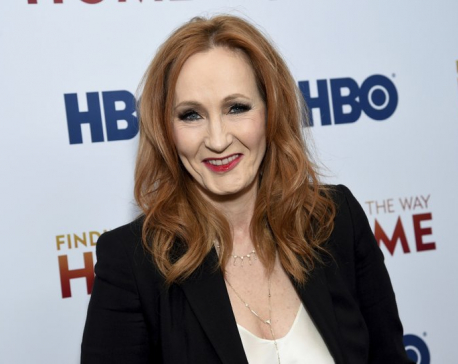
JK Rowling’s tweets on transgender people spark outrage
“Harry Potter” author J.K. Rowling is facing hefty backlash after she posted a series of tweets about transgender people. ... Read More...
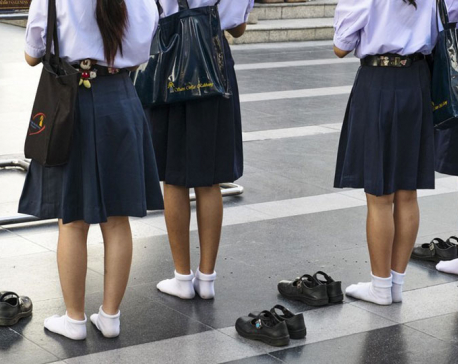
40 schools in England ban girls from wearing skirts to accommodate transgender students
ENGLAND, July 3: Some 40 secondary schools in England have banned girls from wearing skirts, one month after a school in... Read More...
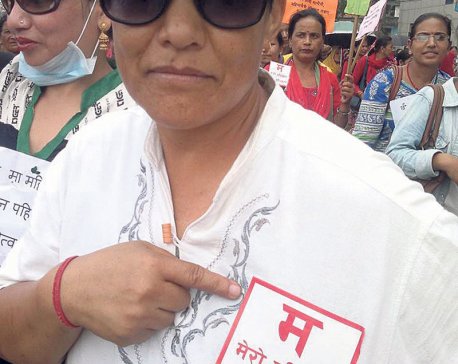
Trump era triggers fear among Nepal’s LGBTI
KATHMANDU, Jan 24: While the 45th president of the USA, Donald Trump, was delivering his inaugural speech on Friday in Washington... Read More...
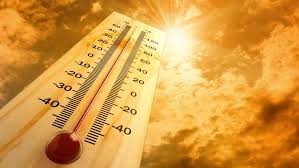


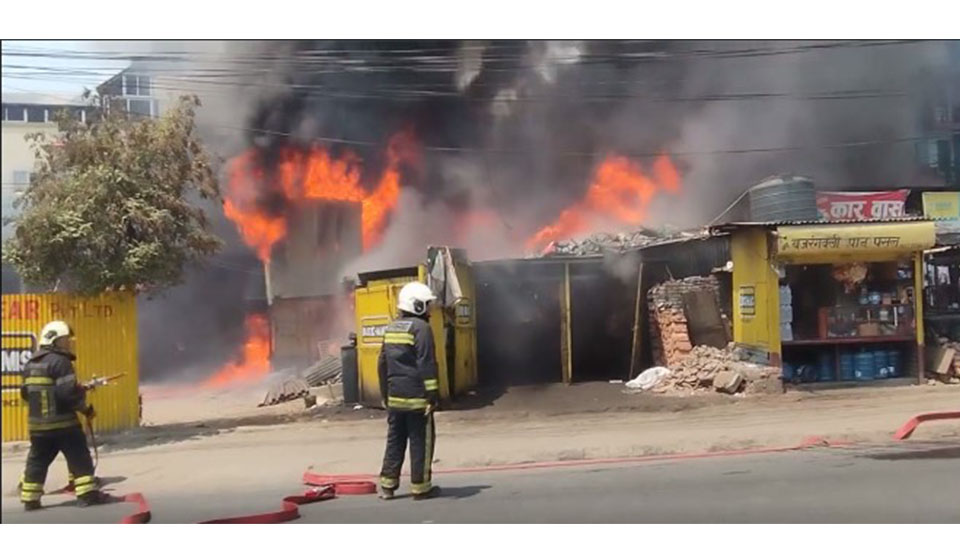
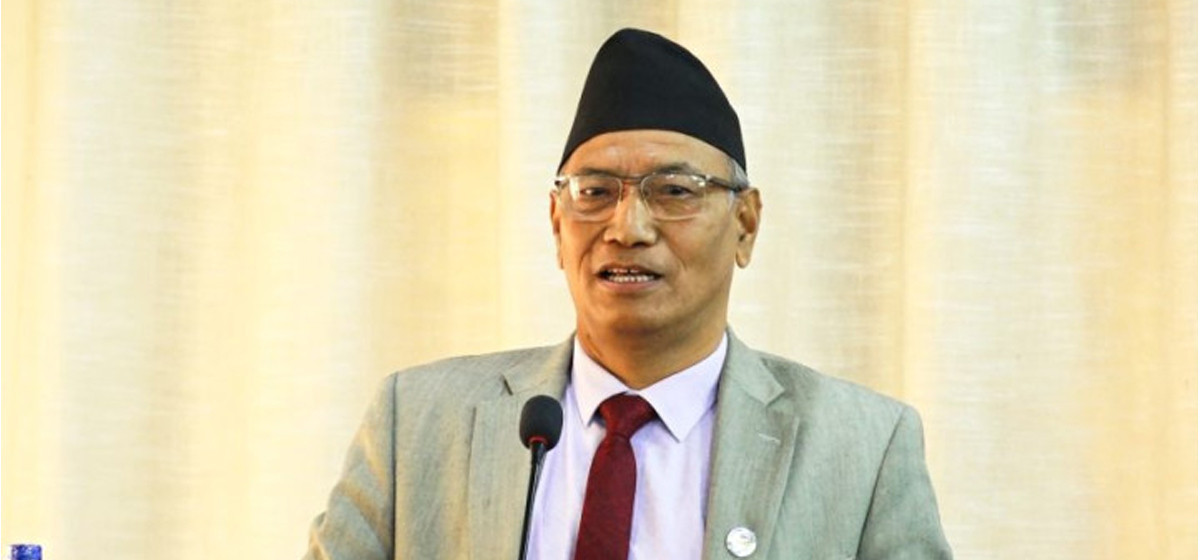
Just In
- People urged to take caution as Terai region including Lumbini province experiences sweltering heat
- School Principal arrested for allegedly facilitating fake examinees in Grade XII examination
- Stepdaughter arrested on charges of murdering her mother
- Five shops and a vehicle workshop gutted in Shankhamul fire
- Two agreements between private sector entities signed at Nepal Investment Summit
- Shrestha appointed Acting Chairman of JSP
- World Day for Safety and Health at Work being observed today
- Almost all sectors of Nepal are open for foreign investment: NC President Deuba







-1200x560-wm_20240427144118.jpg)



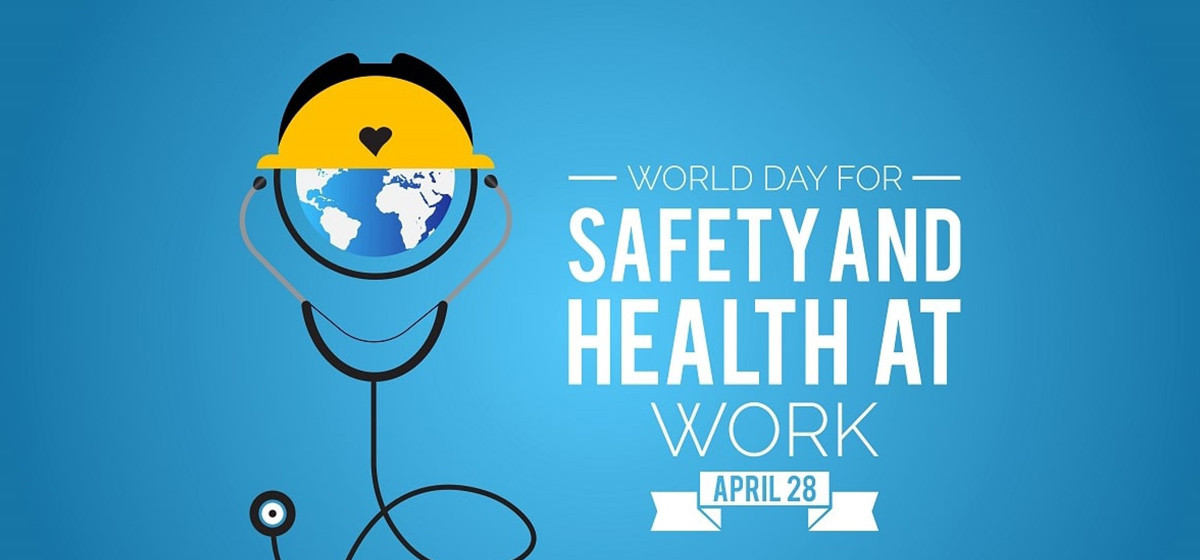
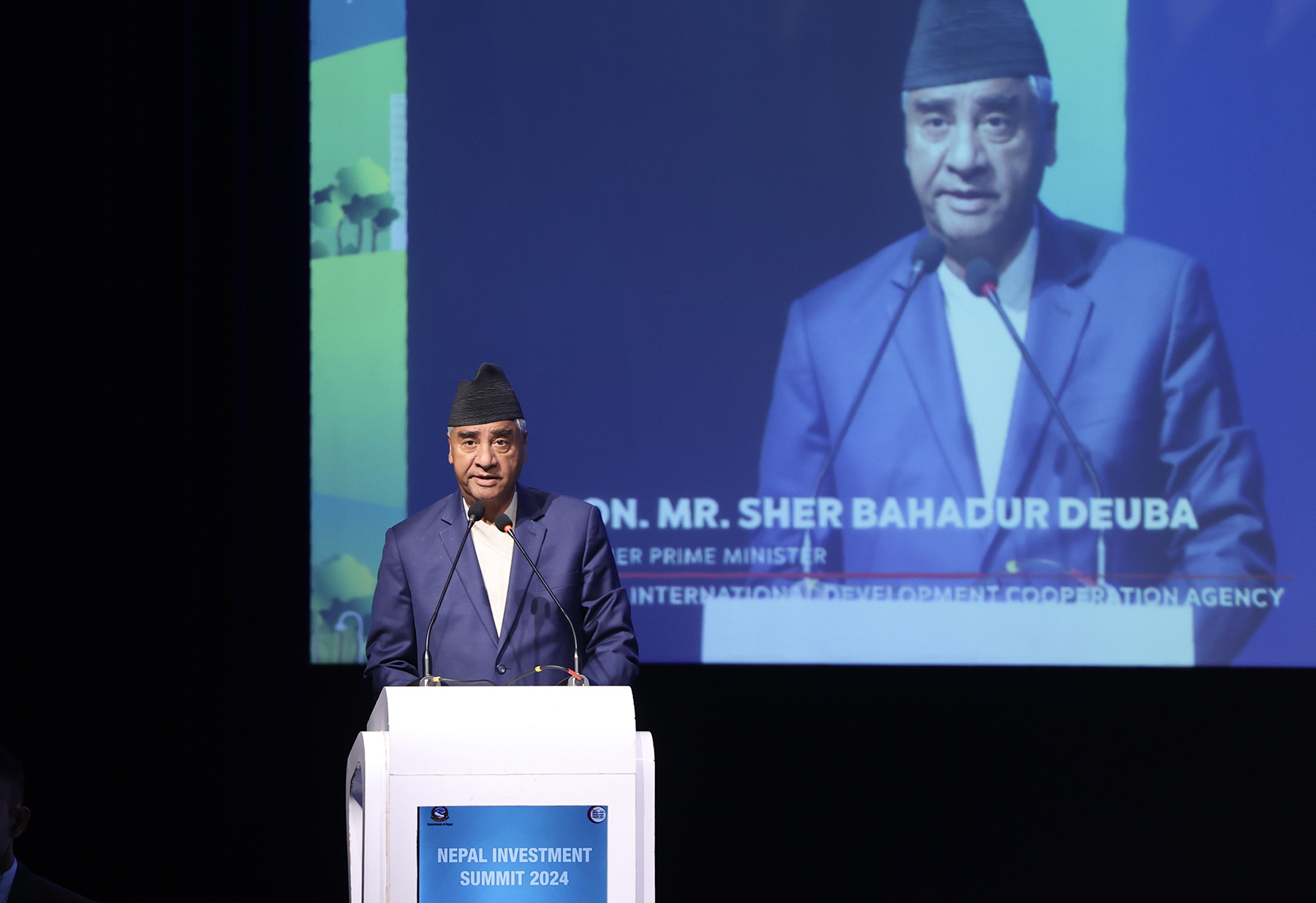
Leave A Comment